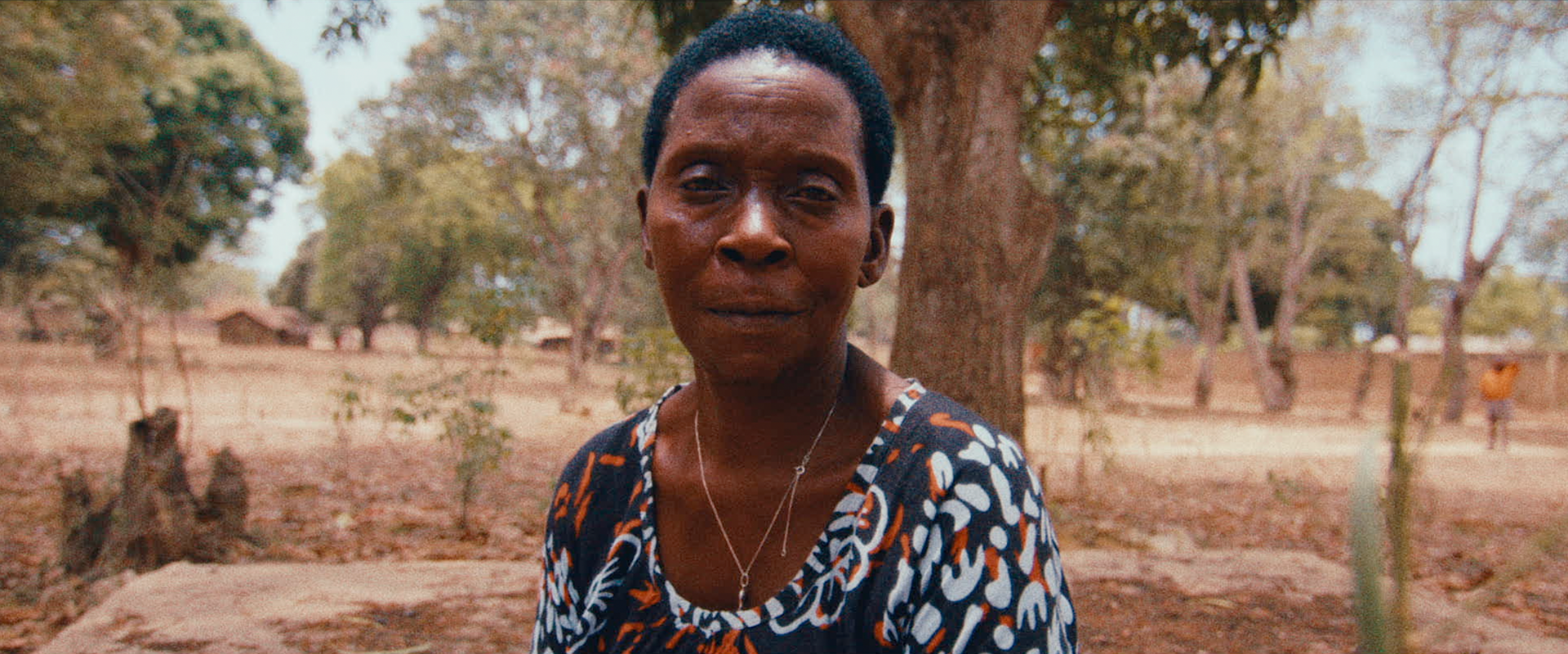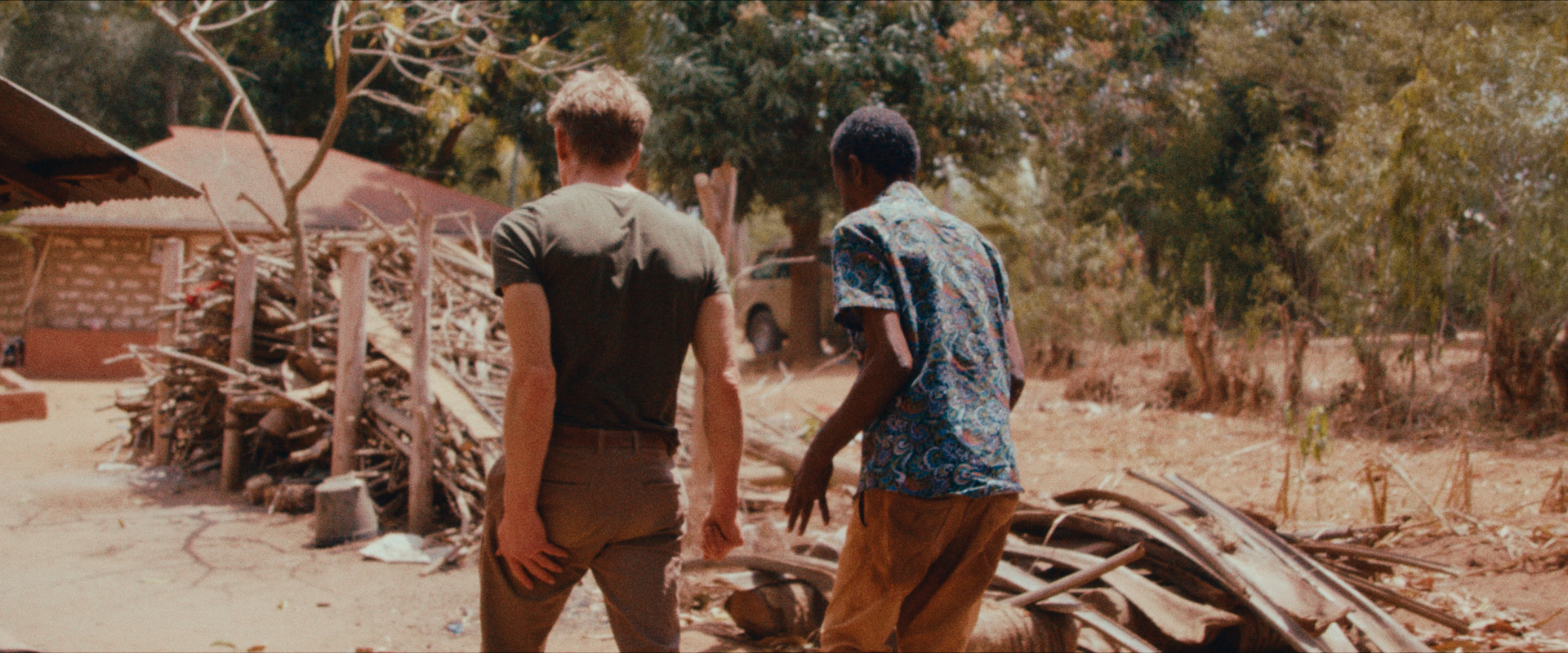The Story of Parkinson's Disease in Kenya
by Dr Natasha Fothergill-Misbah
Parkinson's disease is known for causing both physical and non-physical symptoms, and awareness about the disease globally remains low. In Africa, where resources are limited, Parkinson's is often associated with witchcraft or supernatural forces. If someone is suspected to be a witch, they are at risk of violent oppression. This impacts the ability of people with Parkinson's to access medical care and support in their community.
The prevalence of Parkinson’s globally has doubled in the last 25 years and is expected to affect 12.9 million people by 2040, posing a growing public health challenge. As a condition associated with ageing, improvements in life expectancy are contributing to the disease becoming the fastest growing neurological disorder in the world.
In Kenya there is a lack of awareness in the general population about Parkinson’s, and there are limited neurological services, which make it difficult for people to obtain a diagnosis or access medication. Supernatural beliefs involving curses, witchcraft and demonic possession are common explanations for the symptoms that people experience with Parkinson's. It is not uncommon for someone who has Parkinson's disease to be branded a witch and subsequently abandoned, imprisoned or killed.
Targeted and nuanced ways of tackling stigmatisation are needed. Examples include educational awareness campaigns, medical training and the development of support groups. Awareness and advocacy for the recognition of Parkinson’s disease globally needs to improve.



